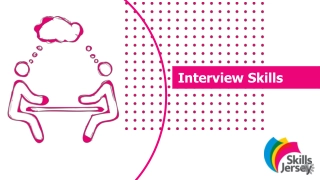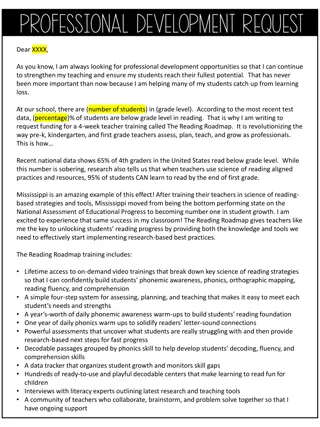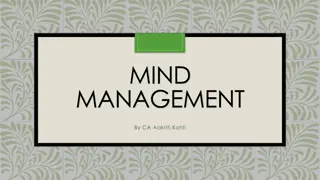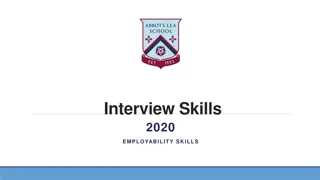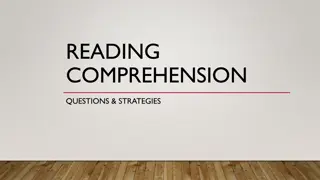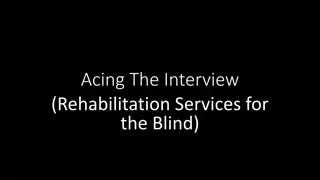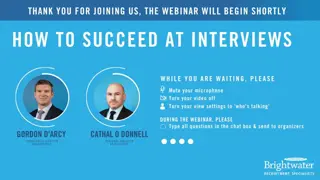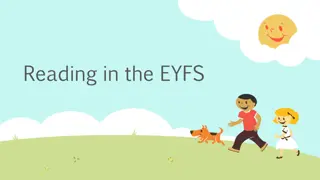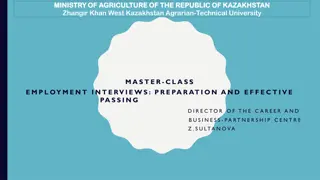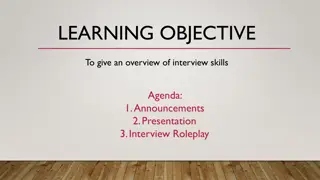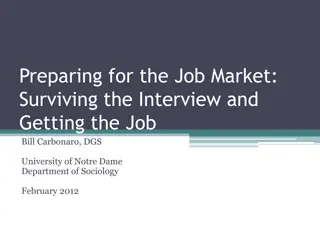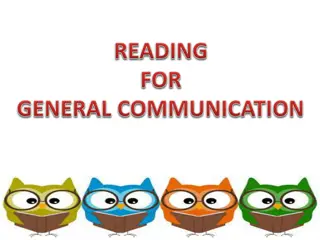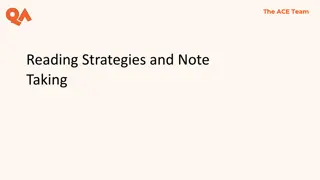Mastering the Interview Process: Demystifying Mind Reading Techniques and Interview Strategies
Dive into the art of decoding interview processes with tips on making informed decisions, handling rejection, and answering common interview questions effectively. Learn to prepare, understand different interview formats, and navigate through hypothetical and functional questions like a pro.
Download Presentation

Please find below an Image/Link to download the presentation.
The content on the website is provided AS IS for your information and personal use only. It may not be sold, licensed, or shared on other websites without obtaining consent from the author.If you encounter any issues during the download, it is possible that the publisher has removed the file from their server.
You are allowed to download the files provided on this website for personal or commercial use, subject to the condition that they are used lawfully. All files are the property of their respective owners.
The content on the website is provided AS IS for your information and personal use only. It may not be sold, licensed, or shared on other websites without obtaining consent from the author.
E N D
Presentation Transcript
How To Read Minds Demystifying the Interview Process
Dont Panic You are not there to get a job. You re there to see if it s a good fit.
Truth 1. You are not there to get a job. You re there to see if it s a good fit. 2. You have one day to make a decision that will impact the rest of your life. You owe it to yourself to spend that entire time gathering data. 3. You will get rejected. 4. You will reject. 5. Sometimes, you may get rejected for something that doesn t feel fair . Sometimes, it may actually not be fair. Decide how you re going to deal with that. 6. See (1).
Me My Dog (my dog is way more photogenic than I am)
Whos Who Sourcer Recruiter Recruiting Coordinator Interviewers Hiring Manager Company Specific: Bar Raiser / Bar Tender / As-Appropriate / etc
Prepare Use University resume services Practice Pick a language Review: Data structures Calculating O-notation Recursion Dynamic programming Testing Code something longhand Create questions
Interview Questions Hypothetical (AWFUL) Level of suck Functional (just Google that) Example ( Tell me about a time when ) Scenario (show me, don t tell me)
Hypothetical Questions Suck, And Are Usually A Sign Of Inexperienced Interviewer Or It s A Trap Hypothetical How do you drive consensus? How do you prioritize tasks? How do you herp a derp? If you can append In general to their question, it s hypothetical ANSWERS: [a] I had to prioritize three different class projects once. Here s how I did it [b] and this is what I learned from it [c] and here s how I would use that knowledge in the future. Pretend they asked you an example question.
Functional Questions Are Popular In Tech, But Contribute More To Failure Than Good Decisions Functional In Outlook, how do you add a signature? What is the difference between a hashmap and a hashtable in Java? Compare final, finally, and finalize. Google-ready book fact does not help make a good decision ANSWERS: [a] I haven t used that since freshman year, but here s what I remember [b] I would do X and Y to learn more about this. Answer as best as you can and be honest about the parts you aren t sure of. I would Google that .
Examples Are Part Of That Behavioral Interviewing Thing Everyone Seems To Like These Days Example Tell me about a time when you disagreed with your manager. What is the worst technical decision you ve ever made? Tell me about the most interesting code you ve ever written. Dangerous Remember, some of us can lie really well. Not all questions work on all candidates ANSWERS: [a] Here s an example of something similar [b] and here s what I learned from it [c] and here s what I would have done differently if I d had that knowledge. Think like a politician.
Scenario Questions Are The Epitome Of Show Me And Represent The Best Possible Interview Scenario As your manager, I d like you to figure out how to move all of our code over to Java and use git as our source control. Right now, we use PHP and dev desktops. What do you do with this? Company has decided to get into the business of matchmaking. Design Lovelily, our new online dating service. ANSWERS: [a] Let me start by asking [b] Okay, the first answer that pops to my mind is [c] but I should also consider [d] here is how I would test this. Have a dialogue with the interviewer. This is the fun part! Interview them.
These Are Bad To Hear Tricks: the doctor is HIS MOTHER! Puzzle questions (AKA stupid XOR tricks): oh, that s how it s O(1). Logic puzzles: and that s why manhole covers are round. Language-specific questions: so it s only one line in LISP.))))))))))) Glassdoor: and that s how you find the integers that sum to k. (these change over time nobody s asking atoi anymore) Software-specific questions: this is easier in Taleo. Fillers: see, my top three weaknesses are really strengths! You will hear at least one of these. They re stupid. Treat them like Functional questions.
The next slide is the complete list of reasons I teach interviewers to give a candidate a No-Hire
1. Getting stuck and not knowing how to get themselves un-stuck. 2. Thinking silently and getting annoyed when interrupted. 3. Not knowing an API and not being able to come up with one. 4. Being wrong and being aggressive about their position when challenged. 5. Not knowing an answer and handwaving instead of admitting that. 6. Making assumptions and not vetting them. 7. Not finishing and not being able to explain their algorithm.
Here Are Some Examples Of Stuff I Dont Care About, But Your Interviewer May, So Ask Them Language-specific syntax mystack.extract() //meh hm[i]++ (in java) //I m going to question this remember it s a whiteboard Off-by-one Handling certain edge cases if( mystr == null ) //good register void* value = malloc (x) //too much! Coding practices getters, setters, constructors //bonus if they ask public v private //same as the above Naming Stuff caught by compiler
Sometimes Things Fall Apart Interviewer is a no-show Room isn t reserved Can you come back tomorrow? Whiff an easy question Sudden inspiration for a question you already answered You have NO IDEA how to answer a question \_( )_/
And Sometimes, It Was Just Never Meant To Be Interviewer is unprepared Interviewer is bad Interviewer is a jerk It s going horribly, and you can tell ( )
Questions Why did you decide to work here versus anywhere else? What s the most interesting project YOU VE worked on while here? What s one thing you wish you could change about this company? What advice do you have for me as I look for a job? If you had to describe the culture here in just one word, what would it be? Avoid clich questions, or asking a question just because it s expected . You are interviewing them.
Internship To Offer Make your manager happy.
Truth: Redux 1. You are not there to get a job. You re there to see if it s a good fit. 2. You have one day to make a decision that will impact the rest of your life. You owe it to yourself to spend that entire time gathering data. 3. You will get rejected. 4. You will reject. 5. Sometimes, you may get rejected for something that doesn t feel fair . Sometimes, it may actually not be fair. Decide how you re going to deal with that. 6. See (1).
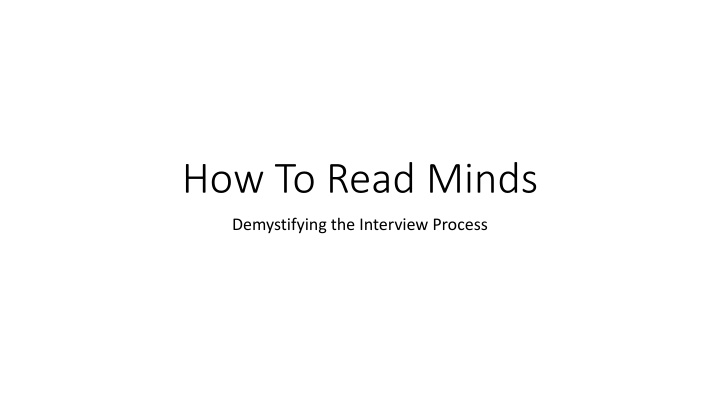

![[PDF⚡READ❤ONLINE] Zen Mind, Beginner's Mind: 50th Anniversary Edition](/thumb/20459/pdf-read-online-zen-mind-beginner-s-mind-50th-anniversary-edition.jpg)
